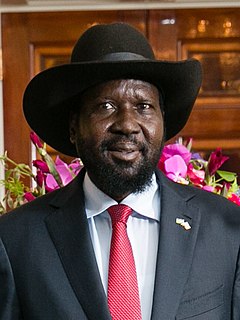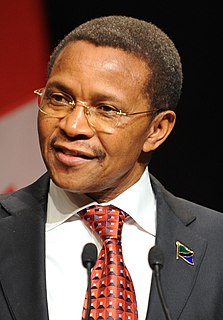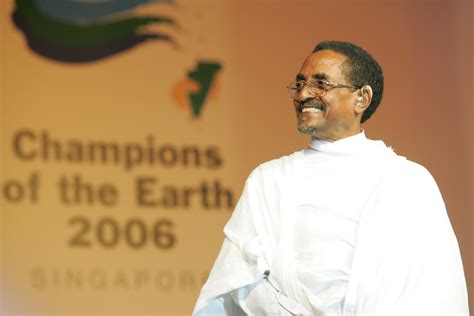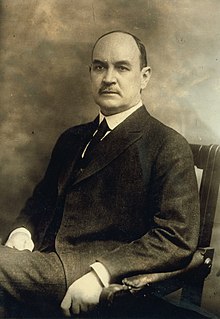A Quote by Allan Savory
Agriculture is not crop production as popular belief holds - it's the production of food and fiber from the world's land and waters. Without agriculture it is not possible to have a city, stock market, banks, university, church or army. Agriculture is the foundation of civilization and any stable economy.
Related Quotes
Globalization, which attempts to amalgamate every local, regional, and national economy into a single world system, requires homogenizing locally adapted forms of agriculture, replacing them with an industrial system-centrally managed, pesticide-intensive, one-crop production for export-designed to deliver a narrow range of transportable foods to the world market.
The serious problem is the education of the peasantry. The peasant economy is scattered, and the socialization of agriculture, judging by the Soviet Union's experience, will require a long time and painstaking work. Without socialization of agriculture, there can be no complete, consolidated socialism.
The Nuffield report suggests that there is a moral imperative for investment into GM crop research in developing countries. But the moral imperative is in fact the opposite. The policy of drawing of funds away from low-cost sustainable agriculture research, towards hi-tech, exclusive, expensive and unsafe technology is itself ethically questionable. There is a strong moral argument that the funding of GM technology in agriculture is harming the long-term sustainability of agriculture in the developing world.
For me the two biggest issues are climate change and animal welfare/animal agriculture. And oddly enough animal agriculture is such a contributor to climate change. According to the United Nations, 25% of climate change comes from animal agriculture, so every car, bus, boat, truck, airplane combined has less CO2 and methane emissions than animal agriculture.




































